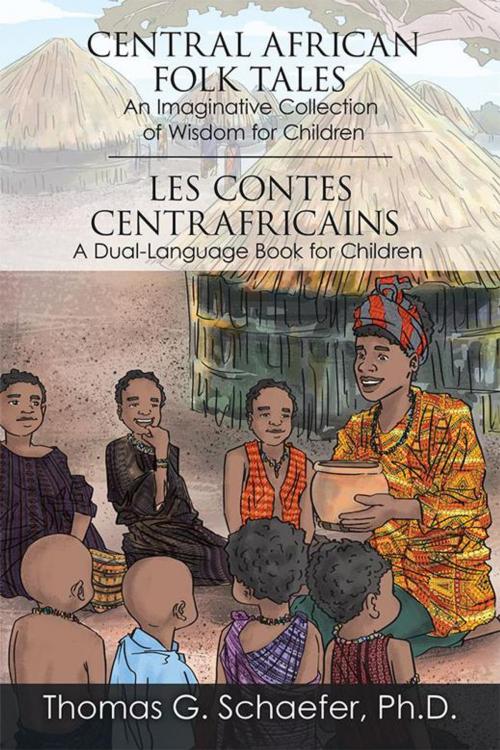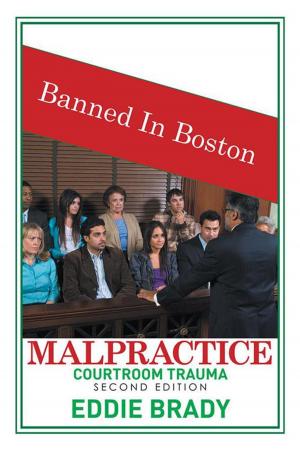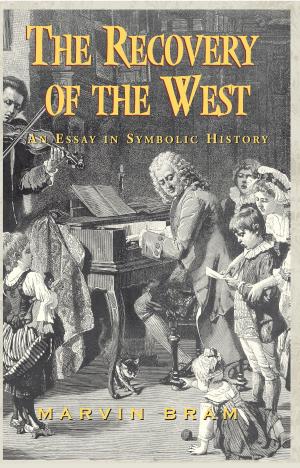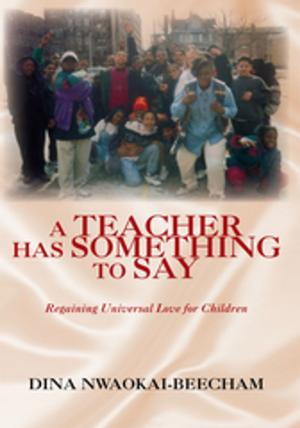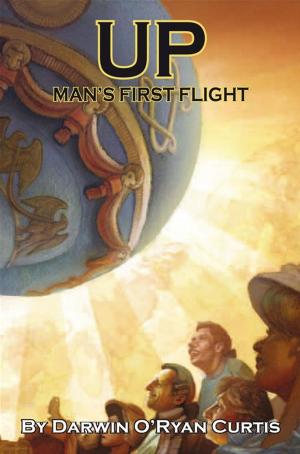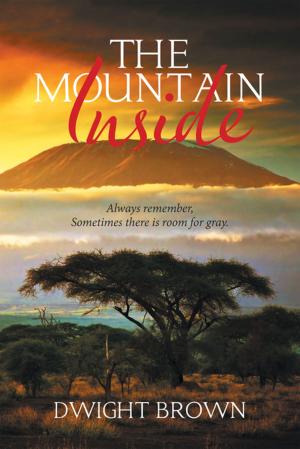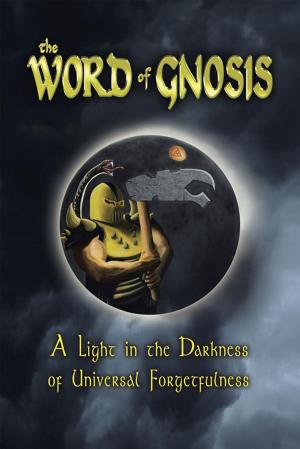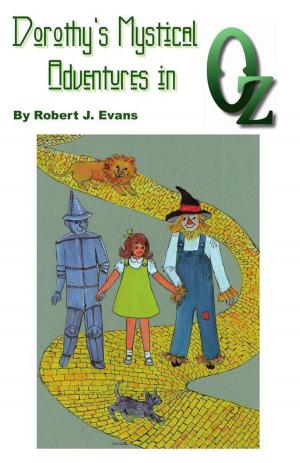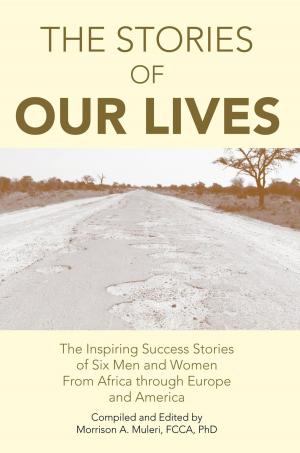Central African Folk Tales
An Imaginative Collection of Wisdom for Children
Nonfiction, Reference & Language, Education & Teaching, Educational Theory, Multicultural Education, Kids, Teen, General Fiction, Fiction - YA| Author: | Thomas G. Schaefer Ph.D. | ISBN: | 9781499082203 |
| Publisher: | Xlibris US | Publication: | October 16, 2014 |
| Imprint: | Xlibris US | Language: | English |
| Author: | Thomas G. Schaefer Ph.D. |
| ISBN: | 9781499082203 |
| Publisher: | Xlibris US |
| Publication: | October 16, 2014 |
| Imprint: | Xlibris US |
| Language: | English |
Central Africa is at the core of the African continent. The nations which comprise this region are inhabited by hundreds of different ethnic or tribal groups. While there are many differences among these groups of people, there are also many similarities. Oral tradition has played a very strong role in the passing on of the stories of these people, which we refer to as folktales. These stories, told to children, and shared in villages and homes, reveal a great deal about the thought and the culture of the people of this region. In many ways, they show the way people think and the values which they possess. The stories in this childrens book come from the people of the Central African Republic, the Democratic Republic of the Congo, and the Republic of the Congo. Most of them were told to me in Sango, which is the lingua franca of the Central African Republic. Variations of these stories are found throughout Central Africa, where they are recounted in hundreds of other native languages. By translating these folktales into French and English (both official languages of much of Africa), it is my hope to make them accessible to a larger population. Reading them, we learn that people from different cultures think differently, and in many ways possess values different than those to which many adhere. To discover what is different is not to determine what is right or what is wrong, but to learn to appreciate unique perspectives on life. If we approach what these stories have to tell us with an open mind and open heart, we will learn from them, just as children do.
Central Africa is at the core of the African continent. The nations which comprise this region are inhabited by hundreds of different ethnic or tribal groups. While there are many differences among these groups of people, there are also many similarities. Oral tradition has played a very strong role in the passing on of the stories of these people, which we refer to as folktales. These stories, told to children, and shared in villages and homes, reveal a great deal about the thought and the culture of the people of this region. In many ways, they show the way people think and the values which they possess. The stories in this childrens book come from the people of the Central African Republic, the Democratic Republic of the Congo, and the Republic of the Congo. Most of them were told to me in Sango, which is the lingua franca of the Central African Republic. Variations of these stories are found throughout Central Africa, where they are recounted in hundreds of other native languages. By translating these folktales into French and English (both official languages of much of Africa), it is my hope to make them accessible to a larger population. Reading them, we learn that people from different cultures think differently, and in many ways possess values different than those to which many adhere. To discover what is different is not to determine what is right or what is wrong, but to learn to appreciate unique perspectives on life. If we approach what these stories have to tell us with an open mind and open heart, we will learn from them, just as children do.
